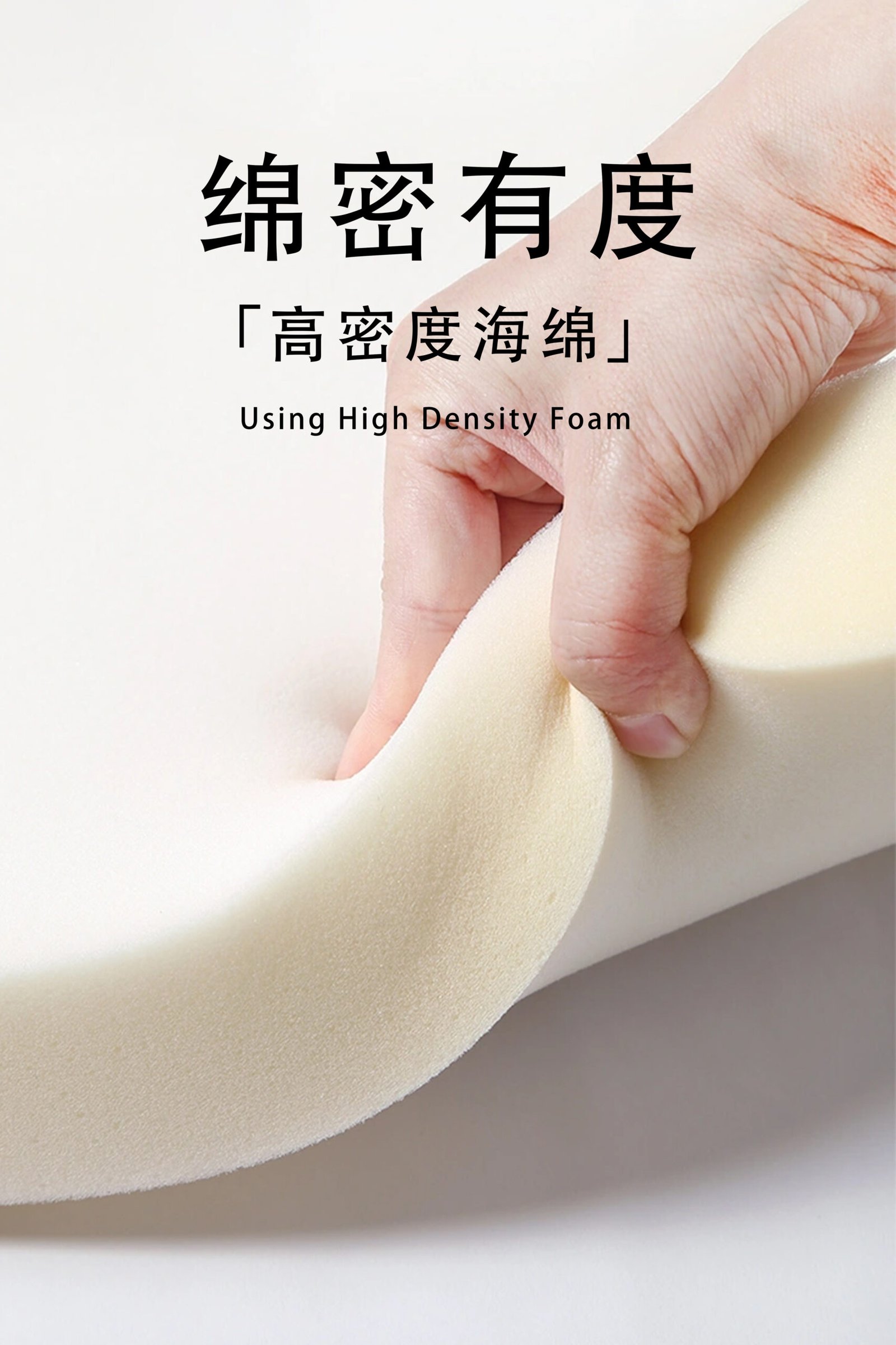
Frustrated after receiving the wrong sofa color or a damaged product? You're not alone—returns are common, but exchanges can be smoother if you know the steps.
To exchange a compressed sofa, you need to review the seller’s policy, report the issue clearly, provide evidence, repack properly, and follow shipping and replacement procedures step by step.
Exchanging a compressed sofa may feel like a hassle—but when you follow the right process, you save time, avoid disputes, and get the correct product with less stress.
Why might someone need to exchange a compressed sofa?
Compressed sofas are smart, but sometimes things go wrong—wrong color, size, or even a broken spring on day one.
Common reasons for exchange include shipping damage, incorrect item received, or dissatisfaction with comfort or size. Acting fast ensures eligibility.

I once received a beige L-shape instead of the navy 3-seater I ordered—plus a small tear on the armrest. It happens. Here are the most common issues:
🛠 Common exchange triggers:
- Visible damage: Tears, scratches, broken frames
- Wrong product: Wrong model, color, or configuration
- Size issues: Too big or too small for the space
- Quality mismatch: Uncomfortable or unstable build
In many cases, these are problems you can spot as soon as you unbox the sofa. That’s why it’s important to document everything from day one.
What should I know about the exchange policy?
Policy terms vary between sellers—some are helpful, others strict. If you don’t check the rules, you might miss your return window.
Every retailer has a specific exchange policy. Review timelines, condition requirements, restocking fees, and packaging rules before starting your exchange.

📋 Key policy elements to check:
| Policy Element | What to Look For |
|---|---|
| Return Window | Usually 7–30 days from delivery |
| Item Condition | Must be unused, clean, and in resellable state |
| Original Packaging | Required by most for re-compression handling |
| Proof of Purchase | Invoice, email receipt, or order number |
| Restocking Fees | May apply for buyer’s remorse exchanges |
I recommend taking screenshots of the policy or saving a copy—just in case you need to prove you followed it.
How do I contact customer service to start an exchange?
Don’t delay—start the exchange process as soon as you spot a problem. Fast communication = faster resolution.
Reach out to customer service through email, phone, or live chat with your order number, issue details, and photos. Be polite but clear about your request.

What to include in your message:
- Order ID: Found in your confirmation email
- Issue description: Keep it short and direct
- Photos or videos: Attach if there's visible damage
- Preferred solution: Exchange for the correct model or size
Example message:
Hi, I received my compressed sofa today (Order #123456). Unfortunately, the color and size are incorrect, and there's a fabric tear on one side. I've attached photos. I’d like to exchange it for the correct item. Please advise on next steps.
From my experience, most customer support teams respond within 24–48 hours if you include everything upfront.
What information and evidence should I prepare?
Details matter. Incomplete info causes delays. Send everything in one go.
Have your order details ready and take clear photos or a short video showing the issue. This helps verify your case quickly.

🧾 Checklist of info to send:
| Info Type | Example |
|---|---|
| Order number | #CN12345678 |
| Purchase date | March 3, 2025 |
| Description of issue | "Wrong color and minor damage" |
| Photo evidence | At least 2 clear images |
| Video (if needed) | Show decompression or damage |
Make sure your photos show the entire sofa as well as close-ups of the problem. Good lighting and neutral backgrounds help too.
How should I repackage the compressed sofa?
Exchanges often get rejected due to bad repacking. Don’t just stuff it in any box.
Use the original packaging whenever possible. If not, choose sturdy materials and repack tightly to prevent damage during return shipping.

Repacking steps:
- Clean the sofa—dust and wipe with a dry cloth.
- Disassemble any detachable parts (legs, cushions).
- Use original box—or a double-walled alternative.
- Add padding—bubble wrap, foam corners, plastic film.
- Include documentation inside the box (order number, contact info).
- Seal securely with industrial-grade tape.
If the sofa was vacuum-sealed originally, the seller may guide you on how to re-compress it. If not, pack it flat and tight.
What are the shipping and tracking steps?
Returning a sofa is not like mailing a T-shirt. Handle with care and track everything.
Use the return shipping label provided or schedule a courier pickup. Track the package until it arrives and keep receipts.

🔄 Return shipping options:
| Option | Responsibility |
|---|---|
| Prepaid label | Usually provided if it’s seller’s error |
| Customer-arranged | Required if it’s buyer’s remorse |
| Courier pickup | Schedule via DHL, UPS, FedEx |
| Drop-off | May be possible for small models |
Always get a tracking number and keep your shipping receipt. I also take a quick photo of the sealed box before handing it over—just in case.
What happens after the sofa is returned?
It’s not over yet—there’s still inspection and approval before your new sofa ships.
Once received, the retailer will inspect the sofa. If approved, they will ship the replacement. If rejected, you may need to negotiate.

Typical timeline:
| Step | Time Estimate |
|---|---|
| Item return transit | 3–7 business days |
| Inspection | 1–3 business days |
| Approval | Same day or next day |
| Replacement shipping | 5–10 business days |
Some sellers will notify you at each stage. If not, don’t be shy—follow up by email every 2–3 days.
Conclusion
Exchanging a compressed sofa is a detailed process, but when you document, repack, and follow up properly, it leads to a successful replacement without extra stress.